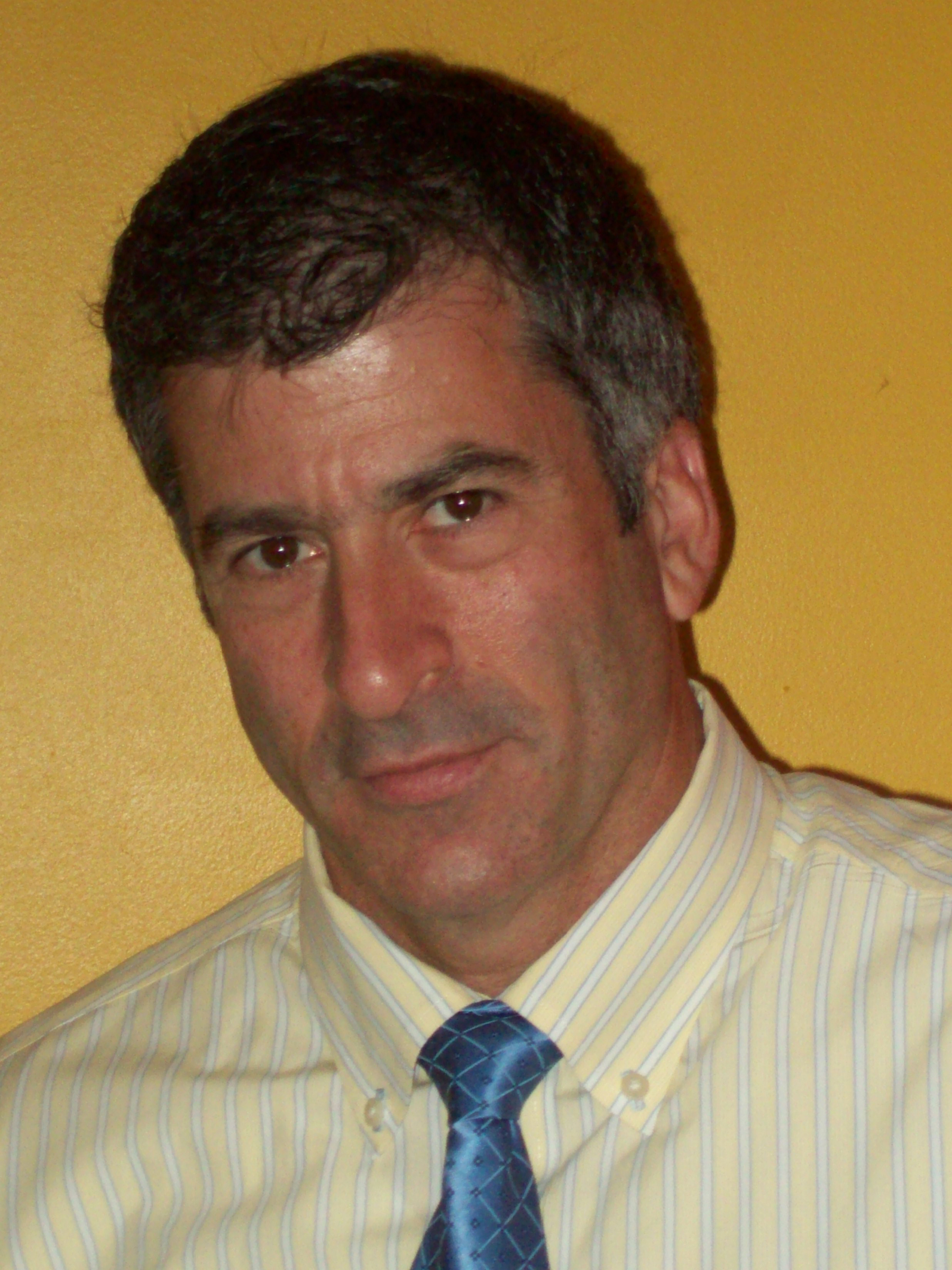Dean H. Kedes, M.D., Ph.D.

- Title
- Professor
- Department
- Microbiology, Immunology, and Cancer Biology (with secondary appointment in Department of Medicine)
- Institution
- University of Virginia School of Medicine
- Address
-
PO Box 800734
7230 Jordan Hall - City, State, ZIP
- Charlottesville, VA 22908
- Phone
- (434) 243-2758
- [email protected]
- Website
- https://med.virginia.edu/faculty/faculty-listing/dhk3k/

- Research field
- Virology
- Award year
- 2000
Research
The research in Dr. Kedes’s laboratory focuses on the human herpesvirus underlying Kaposi’s sarcoma (KS), the most common AIDS-associated malignancy. This tumor has a complex pathology exhibiting mixed cellularity and abnormal angiogenesis and its genesis likely depends on viral replication within an immunologically impaired host. In addition, KSHV, a gammaherpesvirus, is associated with a rare type of AIDS-associated body-cavity based B cell lymphoma (BCBL) also known as primary effusion lymphoma (PEL). These lymphomas have allowed the development of cell lines that, with appropriate stimuli, produce KSHV in culture.
Dr. Kedes’s investigations include three major areas. The first is the determination of the protein composition, spatial arrangement and assembly of both enveloped virions and subviral particles with emphasis on both the inner icosahedral capsid as well as the whole virion. This capsid structure represents the completion of the first step in viral assembly and its formation is absolutely essential for replication. His laboratory’s approaches include the coupling of classical molecular biology and biochemistry with electron microscopy (EM), immuno-EM and cryo-EM. The second is the isolation and characterization of viral genes and their protein products that are potentially involved in KSHV pathogenesis. In particular Dr. Kedes and his laboratory are interested in the mechanisms underlying the virus’s ability to evade host cell defenses, including apoptosis, the self-induced death of infected cells. He approaches these aims by examining viral gene expression and viral-host protein interactions. Finally, the third area of investigation focuses on the develop of an animal model of KS in which Dr. Kedes and his laboratory hope to study viral pathogenesis as well to develop anti-viral and anti-tumor therapies.
Scholar Keywords
2000 Search Pew Scholars
- Michael J. Berry II, Ph.D.
- Sylvie Doublié, Ph.D.
- Mark D. Fleming, M.D., D.Phil.
- Barbara L. Golden, Ph.D.
- Bob Goldstein, Ph.D.
- Dorit Hanein, Ph.D.
- Jay D. Horton, M.D.
- Dean H. Kedes, M.D., Ph.D.
- Caroline F. Kisker, Ph.D.
- Qiufu Ma, Ph.D.
- Pamela B. Meluh, Ph.D.
- R. Dyche Mullins, Ph.D.
- Venkatesh N. Murthy, Ph.D.
- George A. O'Toole, Ph.D.
- David J. Sullivan, M.D.
- Lise R. Thomas, Ph.D.
- Mark B. Van Doren, Ph.D.
- Thomas E. Wilson, M.D., Ph.D.
- Hao Wu, Ph.D.
- Phillip D. Zamore, Ph.D.